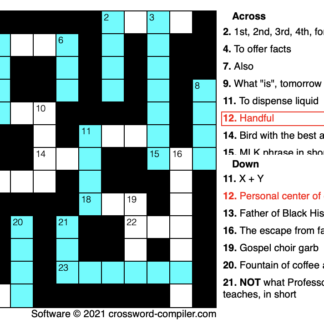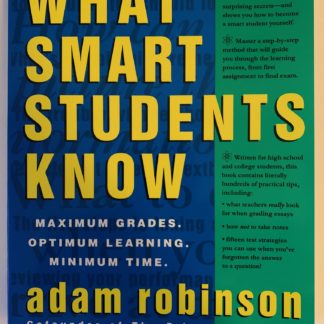Over the past couple of years, I’ve created puzzles like the one below for my day job’s magazine and for customers. When writing the clues, what becomes clear are the opportunities one has to set the context for both the clues and answers. In many cases, I deliberately use a cultural context for common words. That practice then gives way to the greater truth, that the context of our experience offers insight into the questions we face.
The answers in the puzzle that land on blue squares are words that come from blog posts throughout 2021. Looking back at those posts, I realize that I didn’t spend as much time as the nation has addressing the challenge of learning during the pandemic. The challenges continue to be social, technological, and pedagogical. My sincere condolences go out to anyone who has lost someone this year.
In 2022 I will share how some schools, parents, students, and teachers have overcome. I will also have some postscripts to connect to a few prior posts. For example, I will offer part II of the post concerning historical perspectives on achievement. Also, I recently connected again with my high school lacrosse coach, who witnessed my worst experience on a lacrosse field and didn’t strike me as an ally when it happened. I’ve learned something interesting about him since then that has changed my perspective.
A note on writing in general
Earlier this year I stopped tweeting, “doom scrolling”, responding at the end of online articles, and posting on LinkedIn. In sum, I suspended all my social media actions–other than the notification of audiences once I completed another one of the posts on this channel. This “cold turkey” action came after a conversation and a podcast. Those two inputs involved people who got me thinking about the purposes behind my academic and literary aspirations (where ‘literary’ means all writing–here and in social media). Seeking more purity in those purposes I decided to move away from writing platforms where the popularity of ideas seem to be driven by “upvoting” or validation.
Decoupling myself from social media has opened me up to think even more deeply about my own purposes for writing. This is why the recent passing of the writer Joan Didion this month (December 23rd, 2021) spoke to me. During a retrospective online interview Ms. Didion said that she “wrote so that she could understand”. What made her statement revelatory is the idea that one’s thoughts might not crystalize until they are written. As such, one’s writing becomes as much an act of discovery for the writer as much as it might be for the reader.
In her essay, “Holy Water“, Ms. Didion uses her deep knowledge of water systems supplying California to explore our relationship with earth’s most vital natural resource. What she also does is to inform the reader of how much needs to happen in the background in order to enjoy the tapped liquid appearing in their glass. There’s more observation than declaration in what she writes, but the need to preserve water systems and the awareness we should possess regarding water usage is implied.
Likewise, I shall continue to draw from the context of my personal experience, observation, discourse, and research to guide this journey into areas of achievement. My hope is that the ideas you find here as a consequence lead to discussion and action related to what is either implied or expressly suggested. We are now creating the history that advanced societies shall reflect upon. See you in 2022!
* Final Note: If you send me a screen shot of the completed puzzle, and want me to acknowledge you, I’ll post your name here.

